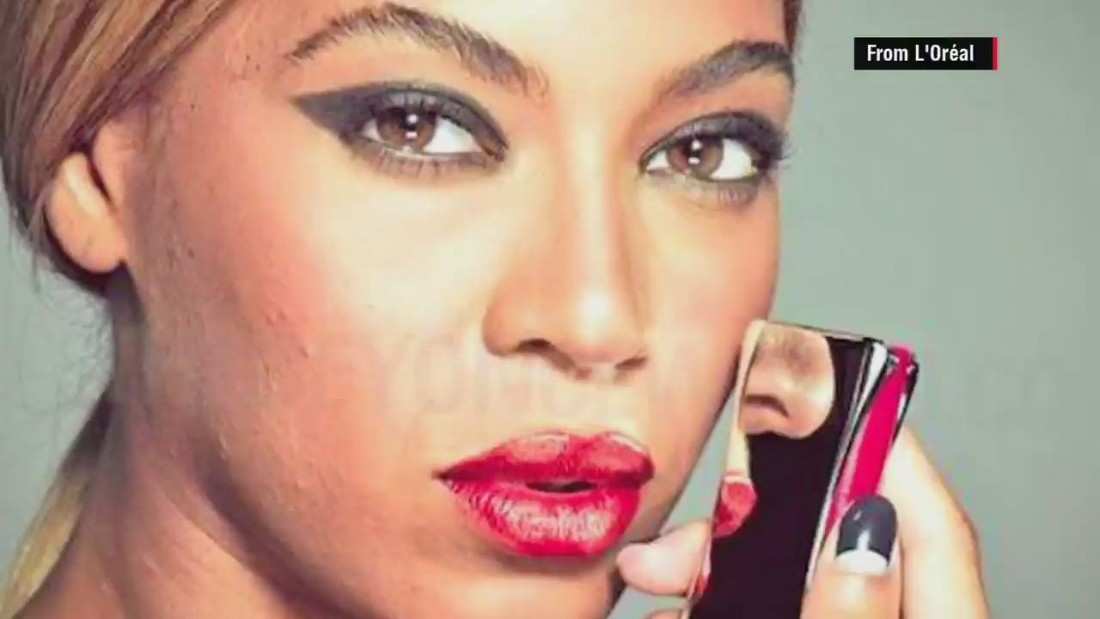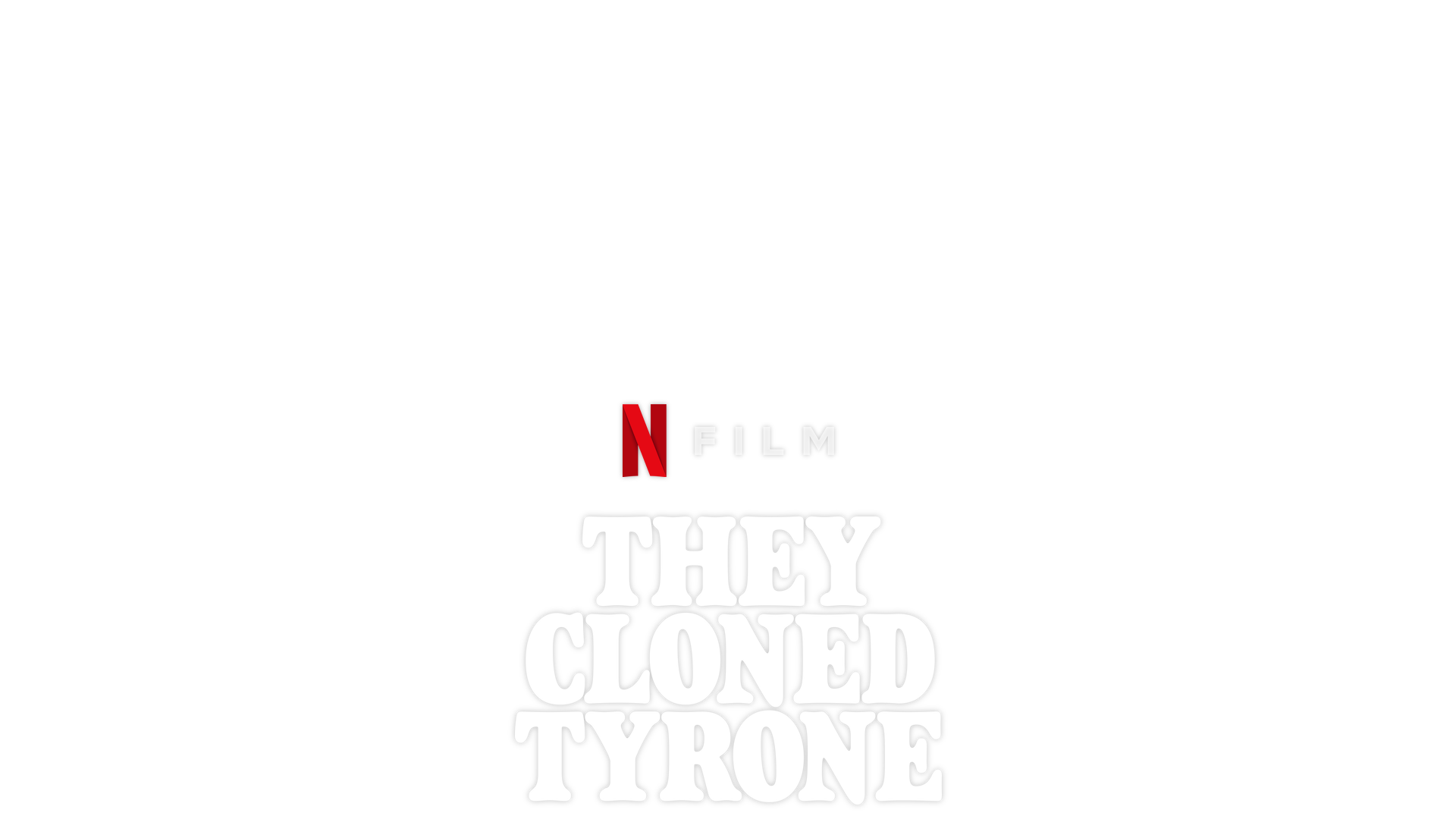Beyoncé Cloned: Exploring The Controversial World Of Celebrity Replicas
The idea of cloning has always been a topic of fascination and debate, especially when it comes to public figures like Beyoncé. The possibility of cloning one of the most iconic celebrities in the world raises numerous ethical, social, and scientific questions. While cloning technology continues to evolve, the concept of a "Beyoncé clone" sparks curiosity and concern among fans and experts alike.
As technology advances, so does the potential for groundbreaking discoveries in genetics and biotechnology. However, the implications of cloning a celebrity like Beyoncé go beyond scientific achievements. It touches on issues of identity, ownership, and the commercialization of human life. This article delves into the possibilities, challenges, and controversies surrounding the idea of cloning Beyoncé.
In this comprehensive exploration, we will examine the science behind cloning, its ethical implications, and the cultural significance of such a concept. By the end of this article, readers will have a deeper understanding of why cloning a celebrity like Beyoncé is more than just a scientific experiment—it’s a societal conversation waiting to happen.
Read also:Patrick Flueger Rising Star In The World Of Entertainment
Table of Contents
- Introduction to Cloning
- Beyoncé Biography
- Scientific Aspects of Cloning Beyoncé
- Ethical Considerations
- Legal Implications
- Cultural Impact
- Commercial Interests
- Public Reaction
- Future Prospects
- Conclusion
Introduction to Cloning
Cloning is a scientific process that involves creating an exact genetic replica of an organism. While the concept has been explored in science fiction for decades, it became a reality in 1996 with the cloning of Dolly the sheep. Since then, cloning has been used in various fields, from agriculture to medicine. However, the idea of cloning humans, particularly celebrities like Beyoncé, remains highly controversial.
Cloning Beyoncé is not just a scientific question but a cultural one. The singer is more than just a performer; she is a symbol of empowerment, artistry, and innovation. Cloning her would raise questions about the authenticity of her art and the commodification of her identity.
Types of Cloning
- Reproductive Cloning: Creating a full organism identical to the original.
- Therapeutic Cloning: Producing cells or tissues for medical purposes.
- Gene Editing: Modifying specific genes without creating an exact replica.
Beyoncé Biography
Beyoncé Giselle Knowles-Carter, born on September 4, 1981, in Houston, Texas, is one of the most celebrated artists in the music industry. Her journey from a member of Destiny’s Child to becoming a global superstar has been nothing short of extraordinary.
| Full Name | Beyoncé Giselle Knowles-Carter |
|---|---|
| Date of Birth | September 4, 1981 |
| Place of Birth | Houston, Texas, USA |
| Occupation | Singer, Songwriter, Actress, Businesswoman |
| Spouse | Jay-Z (Shawn Carter) |
| Children | Blue Ivy, Rumi, and Sir Carter |
Beyoncé's Impact
Beyoncé's influence extends beyond music. She is a cultural icon, known for her activism, philanthropy, and empowerment of women and marginalized communities. Cloning her would not only replicate her physical traits but also raise questions about the replication of her legacy and values.
Scientific Aspects of Cloning Beyoncé
The science behind cloning involves extracting DNA from the donor and inserting it into an enucleated egg cell. The process is complex and fraught with challenges. Cloning a human, let alone a celebrity like Beyoncé, would require advanced technology and ethical clearance.
While cloning animals has been successful, cloning humans presents additional complications. The genetic material of a human is more complex, and the ethical implications are far-reaching. Cloning Beyoncé would require access to her DNA, which is protected by privacy laws and consent requirements.
Read also:Alex Landi The Rising Star In The Entertainment Industry
DNA Extraction and Replication
- Obtaining a sample of Beyoncé's DNA would be the first step.
- Using somatic cell nuclear transfer (SCNT) to create a cloned embryo.
- Implanting the embryo into a surrogate mother for gestation.
Ethical Considerations
The ethics of cloning a human being, particularly a celebrity, are highly contentious. Cloning Beyoncé would raise questions about consent, identity, and the commodification of human life. It would also challenge the notion of individuality and uniqueness.
Beyoncé cloned would not just be a scientific experiment but a societal experiment. The ethical implications of creating a replica of a public figure must be carefully considered. Would the clone have the same rights as a naturally born human? Would it be treated as a commodity or a person?
Consent and Privacy
Beyoncé’s consent would be crucial in any cloning process. Her privacy rights and those of her family would need to be respected. Without her explicit permission, cloning her would be a violation of her rights and a breach of ethical standards.
Legal Implications
Cloning a human being, especially a celebrity, has significant legal ramifications. Laws governing cloning vary by country, and many prohibit the cloning of humans altogether. In the United States, federal law does not explicitly ban cloning, but several states have enacted legislation prohibiting it.
Cloning Beyoncé would also raise intellectual property issues. Would the clone have the same rights to her music, brand, and image? These questions would need to be addressed through legal frameworks that currently do not exist.
Intellectual Property and Ownership
Beyoncé’s brand is worth billions, and cloning her could lead to disputes over ownership. The clone’s ability to perform, create music, or endorse products would need to be negotiated. Legal experts would have to navigate uncharted waters to determine the rights and responsibilities of a cloned individual.
Cultural Impact
The cultural implications of cloning Beyoncé are profound. As a symbol of empowerment and resilience, her presence in the world is unique. Cloning her would challenge the authenticity of her art and the value of her contributions to society.
Fans and critics alike would question the purpose of cloning a celebrity. Would it enhance her legacy or diminish it? The cultural impact of such an experiment would be felt globally, as Beyoncé’s influence transcends borders and demographics.
Identity and Authenticity
Beyoncé’s identity is closely tied to her experiences, struggles, and triumphs. Cloning her would raise questions about the authenticity of her art and the value of her personal journey. Would a clone be able to replicate her artistry or would it merely be a shadow of the original?
Commercial Interests
The commercial potential of cloning Beyoncé is immense. Companies and industries would be eager to capitalize on her brand and image. However, the exploitation of her identity through cloning raises ethical and moral concerns.
Cloning technology could be used to create replicas of celebrities for entertainment, advertising, or even scientific research. The commercialization of human life through cloning would need to be carefully regulated to prevent exploitation.
Entertainment and Advertising
Beyoncé’s clone could be used in movies, concerts, and advertisements. While this could generate significant revenue, it would also raise questions about the exploitation of her identity. Would fans accept a cloned version of their favorite artist, or would they demand the real thing?
Public Reaction
The public reaction to the idea of cloning Beyoncé would likely be mixed. While some fans might embrace the concept, others would view it as an affront to her identity and legacy. The debate would extend beyond Beyoncé’s fans to encompass broader societal concerns about cloning and its implications.
Public opinion would play a crucial role in shaping the future of cloning technology. If cloning a celebrity like Beyoncé becomes a reality, it would spark a global conversation about the ethics of cloning and its impact on society.
Social Media Discussion
Social media platforms would be ablaze with discussions about cloning Beyoncé. Fans, experts, and critics would weigh in on the topic, sharing their opinions and concerns. The conversation would extend to issues of identity, ethics, and the future of cloning technology.
Future Prospects
The future of cloning technology is uncertain, but its potential impact on society is undeniable. Cloning a celebrity like Beyoncé could become a reality in the distant future, but only if the ethical, legal, and cultural implications are carefully considered.
As technology continues to evolve, so will the possibilities and challenges of cloning. The scientific community must work alongside ethicists, legal experts, and policymakers to ensure that cloning is used responsibly and ethically.
Advancements in Cloning Technology
Future advancements in cloning technology could make the process safer and more efficient. However, the ethical and societal implications must be addressed before cloning becomes a mainstream practice. The conversation about cloning Beyoncé is just the beginning of a larger discussion about the future of human cloning.
Conclusion
Cloning Beyoncé is a fascinating yet controversial concept that raises numerous questions about science, ethics, and society. While the technology exists to clone animals, cloning humans, especially celebrities, presents unique challenges and concerns. The implications of cloning Beyoncé go beyond scientific achievement; they touch on issues of identity, ownership, and the commercialization of human life.
We invite readers to share their thoughts and opinions on this topic in the comments section below. Your input is valuable in shaping the future of cloning technology and its impact on society. For more insights into the world of science and celebrity culture, explore our other articles on this site.


